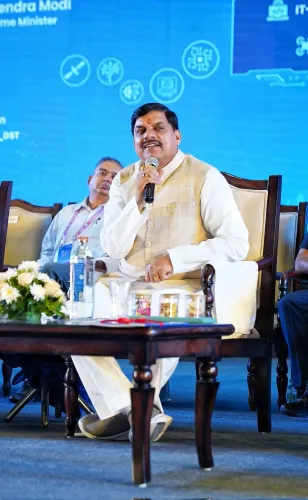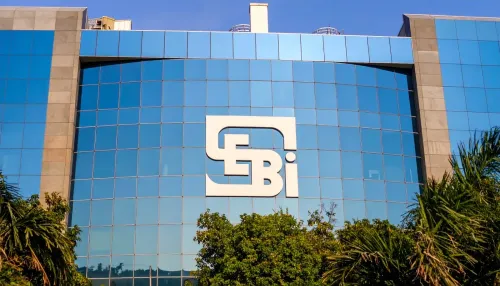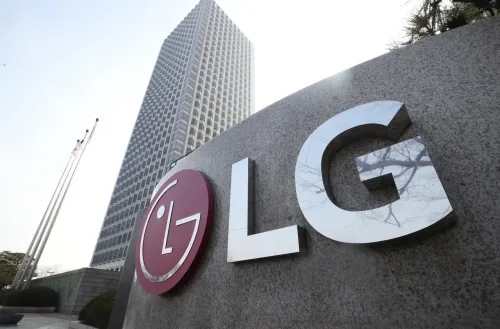How Did GST Officials Uncover a Rs 645 Crore ITC Fraud in Delhi?

Synopsis
Key Takeaways
- Rs 645 crore fraud involving ITC unveiled.
- 229 dummy GST-registered firms identified.
- Kingpin Mukesh Sharma arrested.
- Evidence includes 162 mobile phones and 44 digital signatures.
- Possible money laundering connections uncovered.
New Delhi, Nov (NationPress) The Directorate General of GST Intelligence (DGGI) has revealed a significant case involving the fraudulent acquisition of Input Tax Credit (ITC) amounting to Rs 645 crore through a network of 229 fake GST-registered firms, managed by a syndicate based in Delhi.
The mastermind behind this operation has been apprehended, as stated in an announcement made on Thursday.
Upon receiving reliable intelligence, DGGI officials from the Delhi Zone executed coordinated search operations at numerous locations throughout the capital, uncovering a substantial collection of incriminating documents, digital devices, and ledgers that confirmed the existence of non-operational firms involved in issuing invoices without genuine supply of goods or services.
"The seizures included 162 mobile phones, likely utilized for obtaining OTPs related to GST and banking activities, 44 digital signatures, and over 200 cheque books belonging to various firms. Initial investigations suggest that these fictitious entities were involved in issuing invoices without actual deliveries, leading to the fraudulent acquisition of ineligible ITC totaling around Rs 645 crore, thereby inflicting significant losses to the treasury," the statement elaborated.
Investigations have identified Mukesh Sharma as a principal conspirator, who directed the activities of this network of counterfeit entities.
Evidence indicates his pivotal role in handling GST registrations and returns, maintaining records of fictitious firms, overseeing banking transactions, and facilitating the flow of illicit funds through various channels.
Due to the cognizable and non-bailable nature of Mukesh Sharma's offenses, he was arrested on Tuesday under Sections 132(1)(b) and 132(1)(c) of the CGST Act, 2017, and has since been placed in judicial custody, as stated.
The investigation has also unveiled a potential money-laundering aspect, where the ill-gotten gains were purportedly funneled through an NGO and a political organization.
Ongoing investigations aim to expose the broader network involved in this scheme, the statement concluded.









